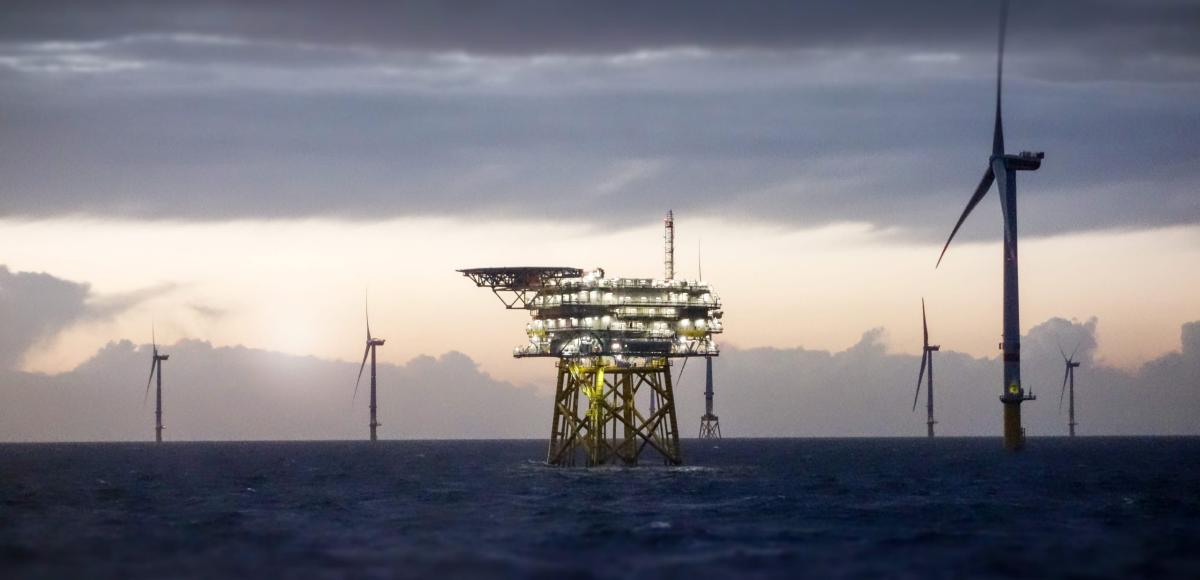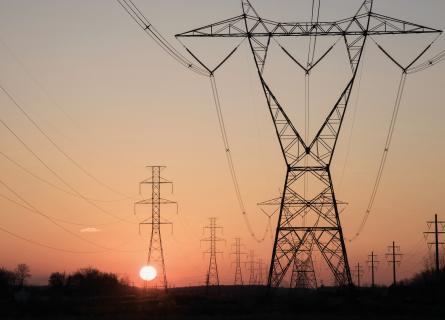
Delivering a Reliable Decarbonised Power System
Delivering a reliable, resilient, decarbonised electricity system in GB by 2035 will require action to enable infrastructure and generation investment.
The UK Government has committed to decarbonise electricity supply by 2035, requiring a fundamental shift in the generation mix away from high-carbon, thermal generation to a combination of renewable and other low-carbon generation technologies.
Delivering on this commitment will require major new investment in renewable generation, flexible low-carbon technologies and critical infrastructure. On March 9, 2023, the Climate Change Committee (CCC) published a new report, Delivering a Reliable Decarbonised Power System, that investigates what a reliable, resilient, decarbonised electricity system may look like in 2035 and the steps required to achieve this.
The findings in this report were informed by a supporting study from AFRY Management Consulting, Net Zero Power and Hydrogen: Capacity Requirements for Flexibility. The study investigated the scale and range of flexibility options in a decarbonised electricity system to inform a set of tracking indicators for flexibility within the power and hydrogen sectors.
Key findings
Our study found:
- an increasing reliance on renewable generation will increase the challenges for balancing the system, requiring a significant scaling up of a variety of flexibility solutions able to address imbalances over different timeframes;
- up to 20GW of low-carbon dispatchable generation (hydrogen or gas with CCS) will be needed by 2035 to address extended periods of low renewable generation in the future;
- a further 40GW from grid storage capacity and demand-side response (DSR) will be necessary to enhance short-term system stability;
- a doubling of the capability of the power transmission network to integrate the low carbon generation, alongside better coordination of planning, permitting and connections for generators;
- with a strong interdependence across competing technology solutions the focus should be on the nature of flexibility and back-up required for a reliable, resilient system not specific technologies – for example, emerging long-duration energy storage solutions may be able to substitute for low-carbon dispatchable generation;
- hydrogen-based solutions have the potential to play a crucial role in decarbonisation of the power sector, with a need for at least 14GW of hydrogen production by 2035, though this is dependent on the timely delivery of facilitating storage (3TWh capacity) and transmission infrastructure.



